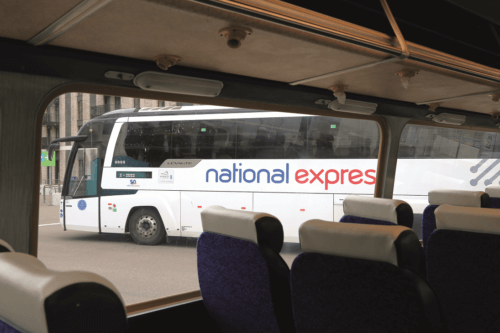
Jonathan Welch reports from the recent National Express 50th anniversary event at Wembley stadium in London
Whether you are a regular coach passenger or not, there can be few people across the UK who haven’t heard of National Express, even those living far away from the company’s current route network. Famous for its white coaches which have been plying the motorways and A-roads of Great Britain for five decades, National Express recently held a special event at London’s Wembley Stadium to mark its half-centenary of keeping Britain moving.
[…]
By subscribing you will benefit from:
- Operator & Supplier Profiles
- Face-to-Face Interviews
- Lastest News
- Test Drives and Reviews
- Legal Updates
- Route Focus
- Industry Insider Opinions
- Passenger Perspective
- Vehicle Launches
- and much more!


